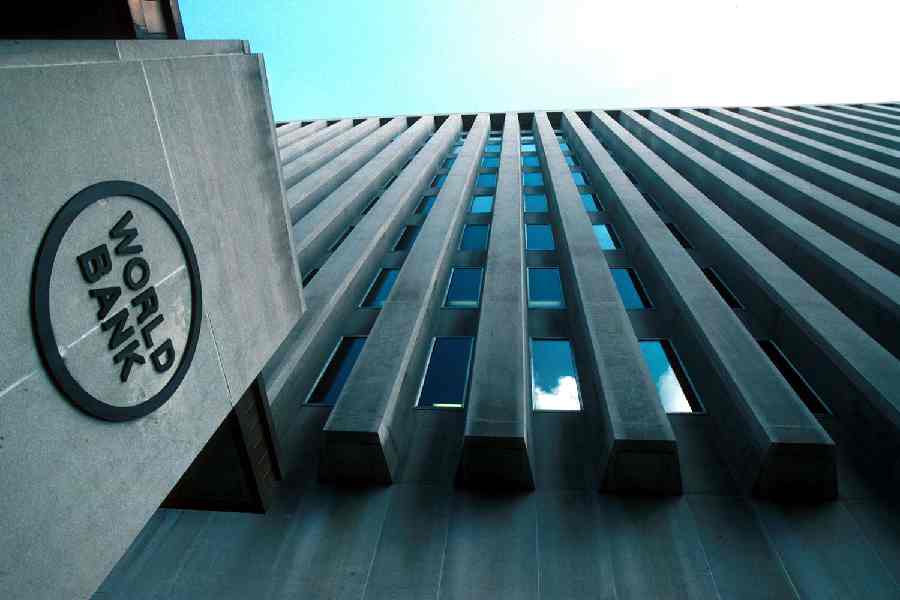India saw the highest amount of remittance inflows in the world in 2023 at USD 125 billion, driven by several factors, including the country's agreement with the UAE, for promoting the use of dirhams and rupees for bilateral trade, the World Bank said.
In a report, the World Bank further said growth in remittances in India is expected to halve to 12.4 per cent in 2023 from a historic peak of 24.4 per cent in 2022.
"Remittances are expected to increase by USD 14 billion and rise to USD 125 billion in 2023, increasing India's share in South Asian remittances to 66 per cent in 2023 from 63 per cent in 2022," said the World Bank's latest Migration and Development Brief.
India was followed by Mexico (USD 67 billion), China (USD 50 billion), the Philippines (USD 40 billion), and Egypt (USD 24 billion).
Economies where remittance inflows represent substantial shares of Gross Domestic Product (GDP) -- highlighting the importance of remittances for funding current account and fiscal shortfalls -- are Tajikistan (48 per cent), Tonga (41 per cent), Samoa (32 per cent), Lebanon (28 per cent), and Nicaragua (27 per cent).
On India, the World Bank said the main contributing factors are declining inflation and strong labour markets in high-income source countries, which boosted remittances from highly skilled Indians in the US, the UK, and Singapore, which collectively account for 36 per cent of the total remittance flows to New Delhi.
"Remittance flows to India were also boosted by higher flows from the GCC, especially the UAE, which accounts for 18 per cent of India's total remittances and is the second-largest source of them after the US," the report said.
It further said remittance flows to India benefited particularly from its February 2023 agreement with the UAE for establishing a framework to promote the use of local currencies for cross-border transactions and cooperation for interlinking payment and messaging systems.
The use of dirhams and rupees in cross-border transactions will be instrumental in channeling more remittances through formal channels, it said.
Remittances to low- and middle-income countries grew an estimated 3.8 per cent in 2023, a moderation from the high gains of the previous two years.
Of concern is the risk of decline in real income for migrants in 2024 in the face of global inflation and low growth prospects, the report added.
Except for the headline, this story has not been edited by The Telegraph Online staff and has been published from a syndicated feed.











